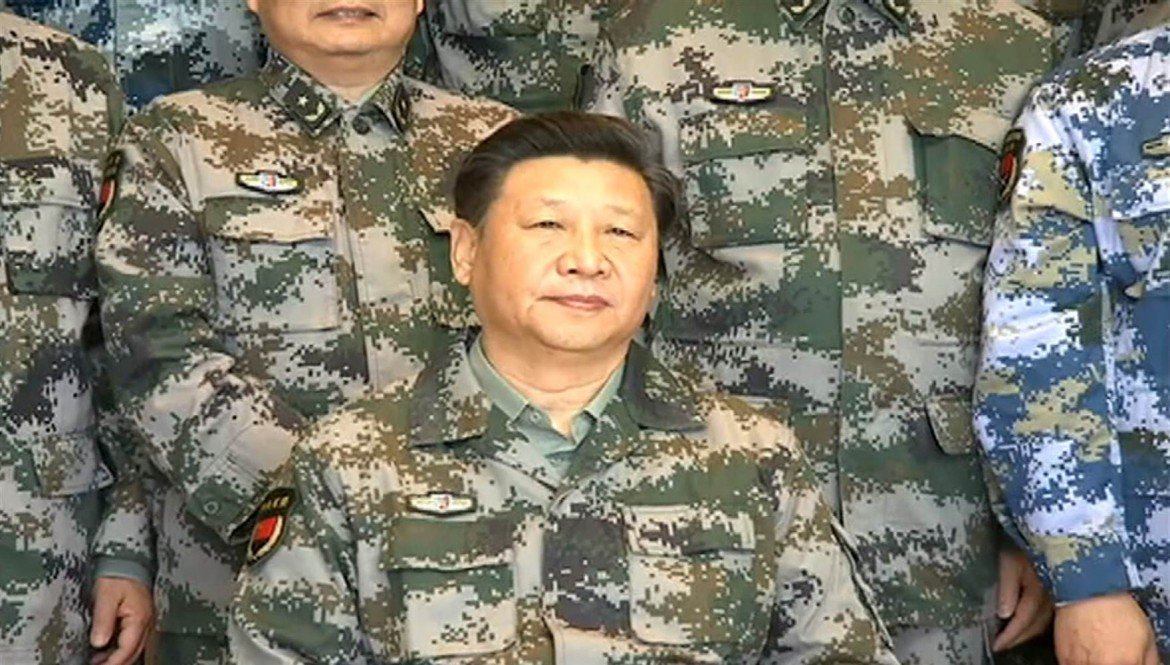China
Xi’s gesture of openness obscured by Chinese censors
Xi Jinping said some criticism is OK, but state media coverage was closed to online comments.

China wants to push itself into the future while also maintaining the status quo. Such contradictions are not only a quality of the population but of its leaders. President Xi Jinping recently called for greater tolerance of “well-intentioned” online criticism against officials and government activities, marking a small opening after his national press tour requesting absolute “loyalty” to the party.
Xi’s words, however, were censored. Excess of zeal? Xi also promised “to accept online criticism of the Communist Party, the government and officials, as long as they are ‘well-intentioned,’ no matter how unpleasant they may be to hear.”
Hours after these statements, Xinhua, the state news press agency, began to post the salient points of the speech on its Weibo account, but those who clicked on the comments section of the post got a message saying the article is closed to comment, according to the English-language Hong Kong daily, the South China Morning Post.
This is not the first short circuit in the Chinese censorship machine. Years ago, then Prime Minister Wen Jiabao traveled to the United States and mentioned the Tiananmen Square massacre of 1989, implying some openness about those events from the Communist Party. Even then, his statements abroad were blatantly censored at home.
Xi has not relinquished his efforts to build himself into a “contemporary legend.” Visiting a military detachment for the first time during his presidency, he was photographed and immortalized in camouflage fatigues. Xi has always been very close to military circles, a classical heritage of the children of the founding fathers. CCTV defined him as “commander in chief” in its services. It is a not-news item picked by media around the world, just to emphasize the deference and attention to the personality of the Chinese leader, who from the time of his appointment, in addition to being party secretary and president of the People’s Republic, is also head of the central military commission, a role equivalent to “commander in chief.”
With the visit and the camouflage parade, though, Xi certainly wanted to send cross-messages. First, to the United States and other Asian countries that continue to send their ships into international waters that Beijing considers its own. Xi wants them to pay attention, as was amply demonstrated, to China’s military position.
But it is also an internal message: The famous letter asking for his resignation also seemed to attack his too-energetic foreign policy. The Chinese leader seemed to indicate that this strategy, chosen by the Party, cannot be in any way called into question by the leadership.
Originally published at http://ilmanifesto.info/il-comandante-in-capo-xi-meno-censura-sui-social-e-viene-oscurato/ on 2016-04-24
